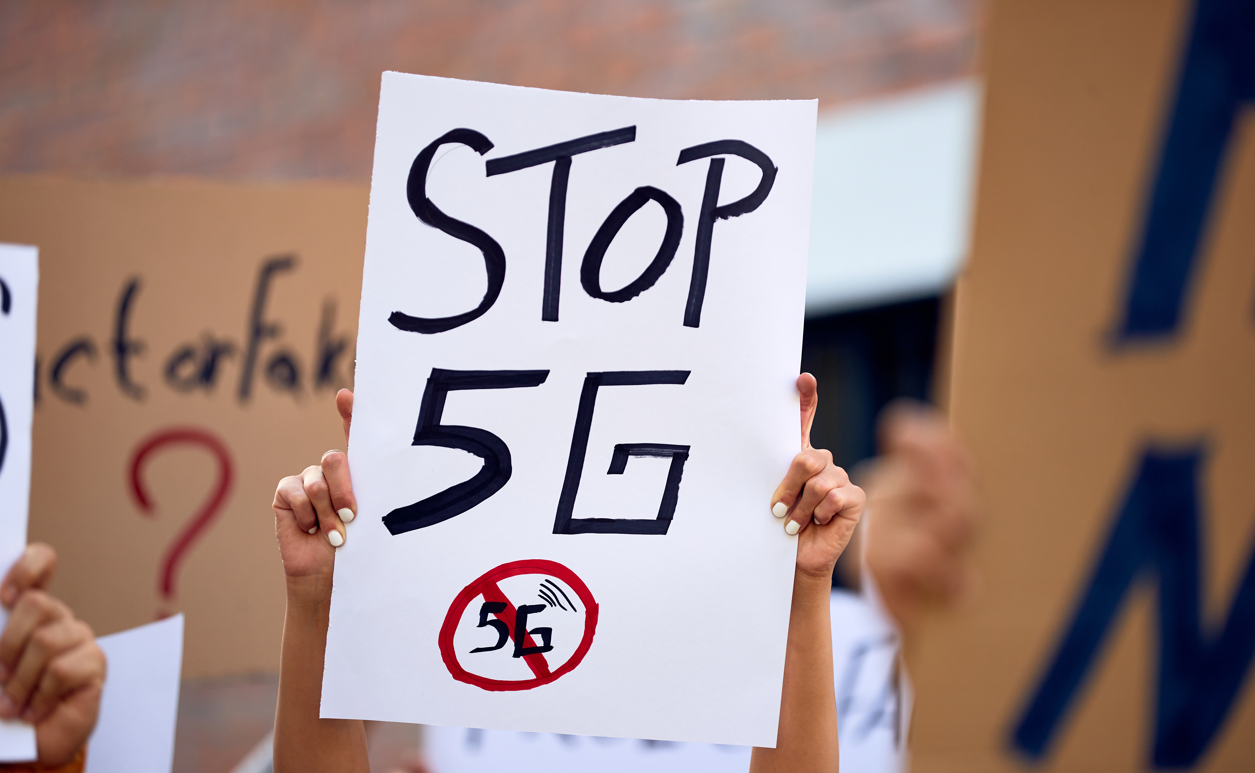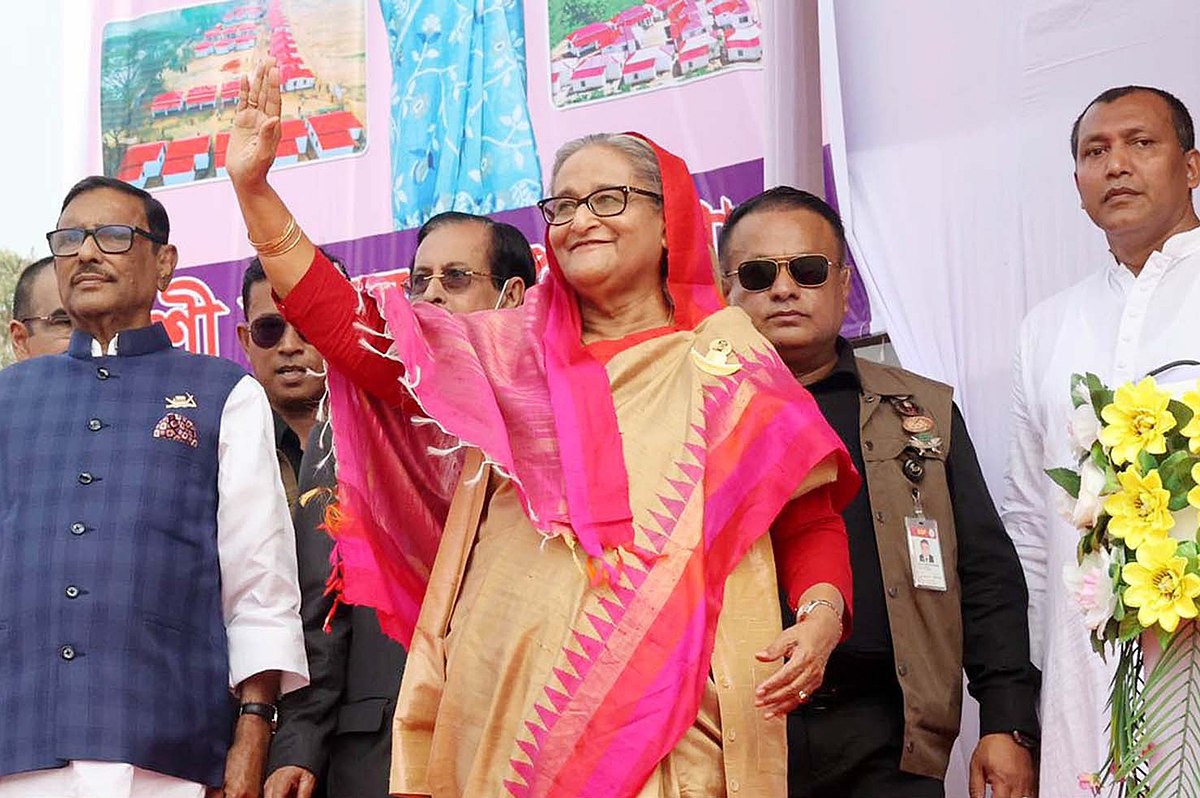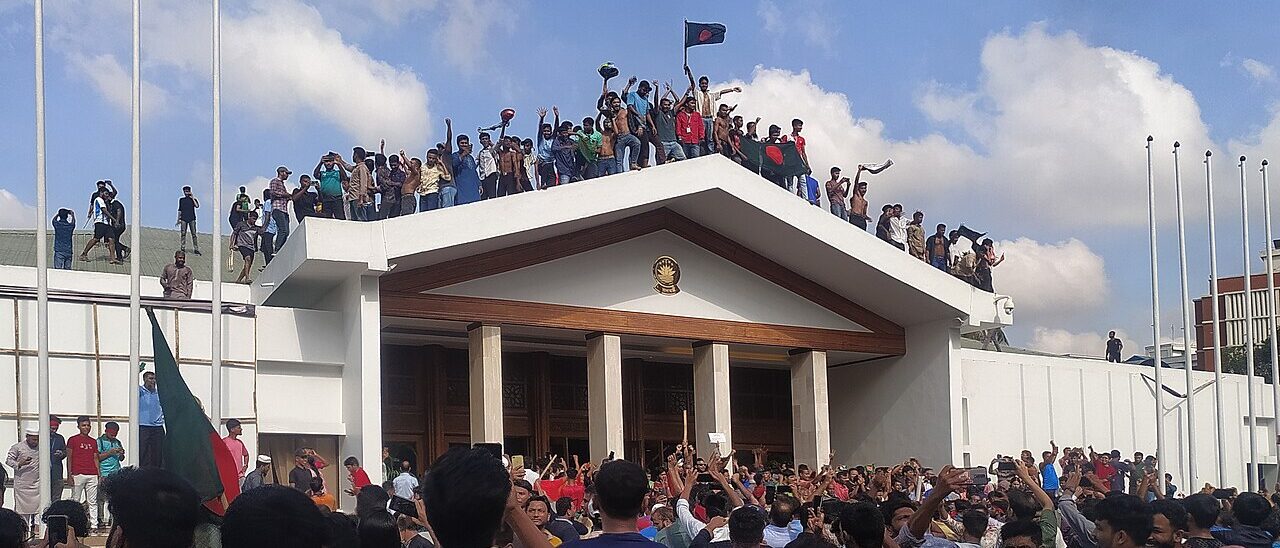This is a summary of the original article by Eric Schmidt that may be found here
The past years have witnessed competition among nations for technological supremacy thereby emphasizing the role of government in driving technological innovation. While the private sector has traditionally been the primary driver of technological advancement, governments around the world are increasingly investing in and regulating technology in order to gain a competitive edge on the global stage.
This can be witnessed with the deliberations of US and China, as they are the two largest economies in the world and have been investing heavily in technology. The US has a long history of technological innovation, driven by a combination of private enterprise and government investment. However, in recent years, China has been making significant investments in technology, particularly in areas such as artificial intelligence and 5G. As a result, the US and China have become increasingly competitive in the tech sector, with each country looking to gain an advantage over the other.
Governments are investing in and regulating technology in multiple ways. One key area is research and development (R&D). Governments around the world are increasing their investments in R&D in order to drive innovation and develop new technologies. For example, the US government invested $152 billion in R&D in 2019, while the Chinese government invested $408 billion.
Another important area is regulation. Governments are increasingly regulating technology in order to protect national security, promote innovation, and safeguard citizens’ rights. Take the example of data privacy, where governments are implementing regulations to protect personal data and prevent misuse of information. The EU’s General Data Protection Regulation (GDPR) is an example of this.
However, government intervention in the technological space poses its own set of potential risks and challenges. One risk is that government intervention could stifle innovation by imposing unnecessary regulations or by directing resources away from promising technologies. Another risk is that increased government involvement in technology could lead to greater economic inequality, as large companies with close ties to government may be able to gain an unfair advantage over smaller companies.
While government investment and regulation can play a valuable role in driving technological innovation, it is important to find the right balance between government and private enterprise. Governments will need to focus on investing in basic research, promoting a level playing field, and protecting citizens’ rights.
Therefore, it is the need of the hour to understand the importance of striking a balance between government and private enterprise, and the potential risks and challenges associated with government intervention in technology.
The views expressed herein may not necessarily reflect the views of JI FAD and/or any of its affiliates






